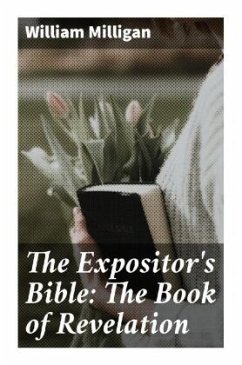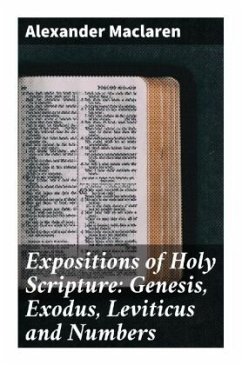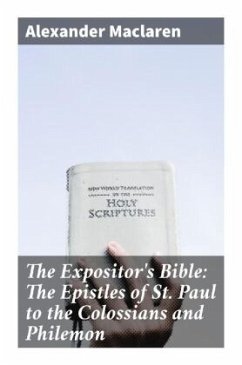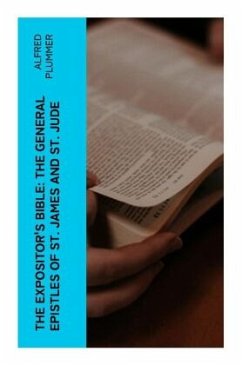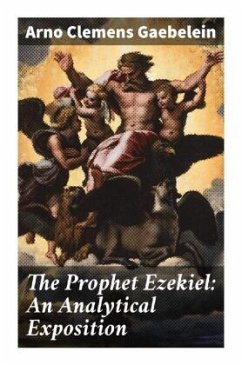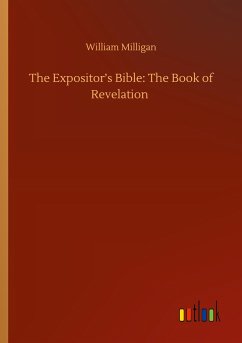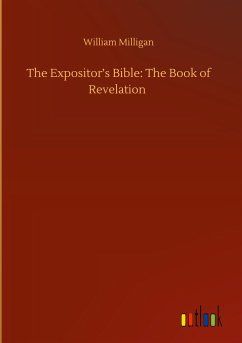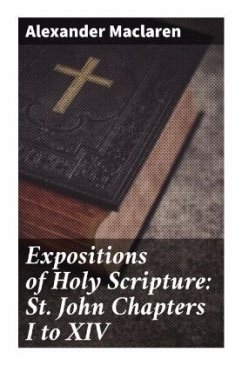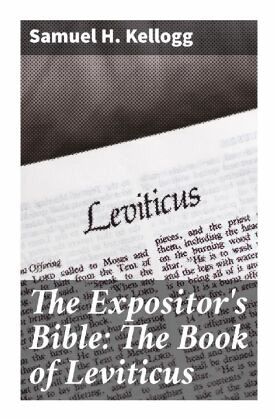
The Expositor's Bible: The Book of Leviticus
Versandkostenfrei!
Versandfertig in 6-10 Tagen
10,99 €
inkl. MwSt.
Weitere Ausgaben:

PAYBACK Punkte
5 °P sammeln!
In "The Expositor's Bible: The Book of Leviticus," Samuel H. Kellogg offers a penetrating analysis of one of the most enigmatic texts in the Hebrew Bible. Kellogg's literary style is scholarly yet accessible, employing a clear and methodical approach that integrates historical context, textual criticism, and theological insight. His work places Leviticus within the broader narrative of the Pentateuch, illuminating its regulations, priestly functions, and ritualistic elements while drawing connections to contemporary moral and ethical considerations. Samuel H. Kellogg, a distinguished theologia...
In "The Expositor's Bible: The Book of Leviticus," Samuel H. Kellogg offers a penetrating analysis of one of the most enigmatic texts in the Hebrew Bible. Kellogg's literary style is scholarly yet accessible, employing a clear and methodical approach that integrates historical context, textual criticism, and theological insight. His work places Leviticus within the broader narrative of the Pentateuch, illuminating its regulations, priestly functions, and ritualistic elements while drawing connections to contemporary moral and ethical considerations. Samuel H. Kellogg, a distinguished theologian and biblical scholar of the late 19th century, was deeply influenced by his commitment to both rigorous academic inquiry and practical ministry. His background in the Reformed tradition and his scholarly pursuits at prestigious institutions equipped him with the tools to dissect the complexities of Leviticus. Kellogg's expertise was further enriched by an awareness of the cultural and religious dynamics of his time, which may have informed his desire to present the text in a manner that resonates with modern readers. I highly recommend Kellogg's exposition to anyone seeking a deeper understanding of Leviticus and its significance within the biblical canon. This work is essential not only for students of theology but for those interested in the historical development of religious practices that continue to influence contemporary faith communities.




